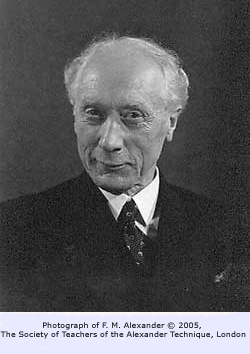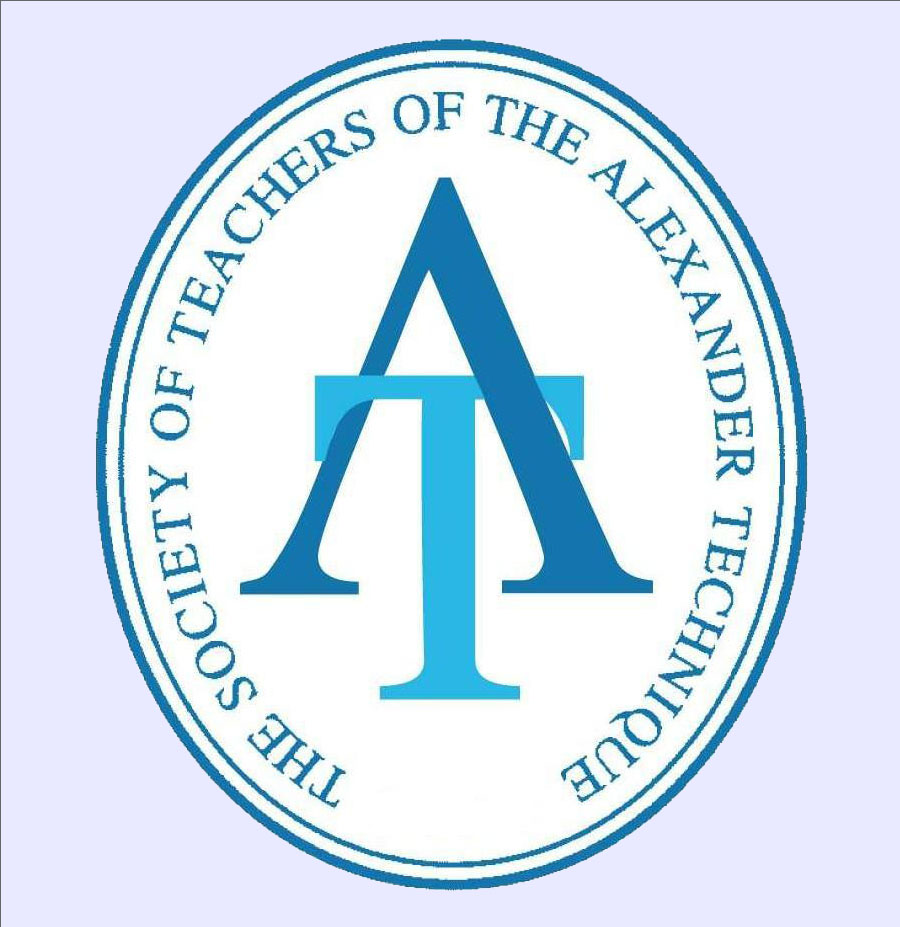Frederick Matthias Alexander

Alexander was born in Tasmania in 1869.
He was a premature baby, and suffered from asthma and poor health in his childhood. As a young man, his passion was acting, in particular he loved to recite Shakespeare. But he became hoarse during his recitals, to the extent that he could not continue, or speak normally afterwards, and so he consulted doctors to find a cure. The doctors told him that there was nothing wrong with his voice - he just needed to rest it. Well, it was true that rest did restore his voice, but as soon as he started to recite again, the hoarseness would return. Rather than give up acting, he decided to investigate the problem himself. He reasoned that if there was nothing wrong to begin with, it must be something he was doing to himself that was causing the problem.
He set up an arrangement of mirrors so that he could see himself as he spoke. He noticed that as he recited, he pulled his head back, pressed down on his larynx, and gasped in air through his mouth. So he decided to speak without pulling his head back, but was surprised that despite not wanting to pull his head back, and feeling that he was not, he could see in the mirror that he was still doing it. He realised that despite his best intentions, his habitual way of speaking overrode the way he had logically determined he should speak.
It was his painstaking analysis and ways of dealing with
habitual patterns of movement that led to his discovering what
was to become "The Alexander Technique". By using
"inhibition" and "direction" (see What
is the Alexander Technique? for explanation of these
terms) he overcame his hoarseness and breathing problems, and
went back to reciting Shakespeare. His breathing and general
health improved. Then other actors came to him to ask him to
teach them the secret, and, in 1904, he decided to bring the
Technique to
FM, as he liked to be called, set up a practice in




